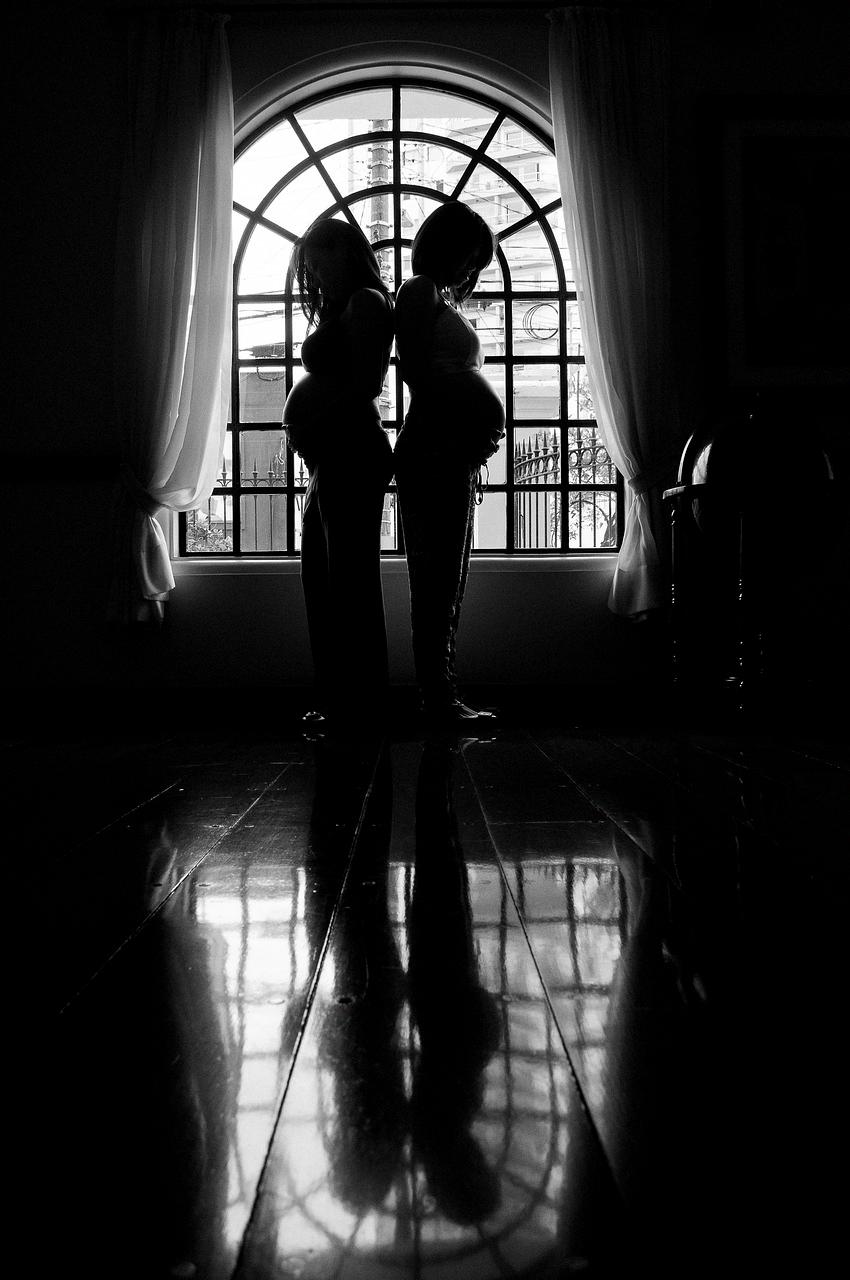One of the most common questions expecting mothers have is when to start their maternity leave. According to regulations, the earliest you can start your ordinary maternity leave is 11 weeks before your expected week of childbirth. At this point, you are about 29 weeks pregnant, but it’s crucial to use the due date specified on your MAT B1 certificate, which will be provided by your midwife or GP.
Importance of Adequate Rest
Deciding when to go on maternity leave is a personal choice, but it’s essential to prioritize your well-being and the health of your baby. The final weeks of pregnancy can be physically and emotionally demanding, so taking enough time to rest and prepare for the arrival of your little one is crucial.
Considering Your Work Demands
Another factor to take into account when determining your maternity leave start date is the nature of your job and the level of physical and mental exertion it requires. If your work is particularly demanding or involves long hours of standing or sitting, you may need to consider going on leave earlier.
Consulting with Your Healthcare Provider
It’s always a good idea to discuss your maternity leave plans with your healthcare provider. Your midwife or GP can offer personalized advice based on your health, the progression of your pregnancy, and any specific medical conditions you may have.
Financial Considerations
Financial factors also play a significant role in determining when to start maternity leave. Make sure to familiarize yourself with your company’s maternity leave policy, as well as any relevant government regulations regarding maternity pay.
Practical Preparation
Going on maternity leave allows you to dedicate time to practical preparations for your baby’s arrival. From setting up the nursery to organizing essential baby items, having this extra time can alleviate stress and ensure you’re fully prepared.
Workplace Support
Your employer should be supportive of your decision to go on maternity leave and accommodate your needs during this time. Communicate openly with your employer about your plans and any adjustments that may need to be made in the workplace.
Physical and Emotional Readiness
Mentally and physically preparing for childbirth and motherhood is a significant aspect of pregnancy. Going on maternity leave at the right time can give you the opportunity to focus on self-care, relaxation, and emotional well-being.
Flexibility and Adaptability
Keep in mind that pregnancy and childbirth are unpredictable, and plans may need to be adjusted along the way. Be open to modifying your maternity leave start date if needed, based on your health, the baby’s development, or any unforeseen circumstances.
Maternity Leave Benefits
Maternity leave offers new mothers the chance to bond with their baby, recover from childbirth, and ease into the new role of motherhood. Taking this time off work is essential for your overall well-being and the health of your newborn.
Enjoying the Moment
Ultimately, going on maternity leave is a unique and precious time in your life. Embrace this special period, focus on self-care, and look forward to the beautiful journey of welcoming your baby into the world.
Conclusion
Deciding when to go on maternity leave is a personal decision that should be based on a variety of factors, including your health, work demands, financial considerations, and readiness for motherhood. Prioritize your well-being, consult with healthcare providers, and ensure you have the support and flexibility needed during this significant phase of your life.

